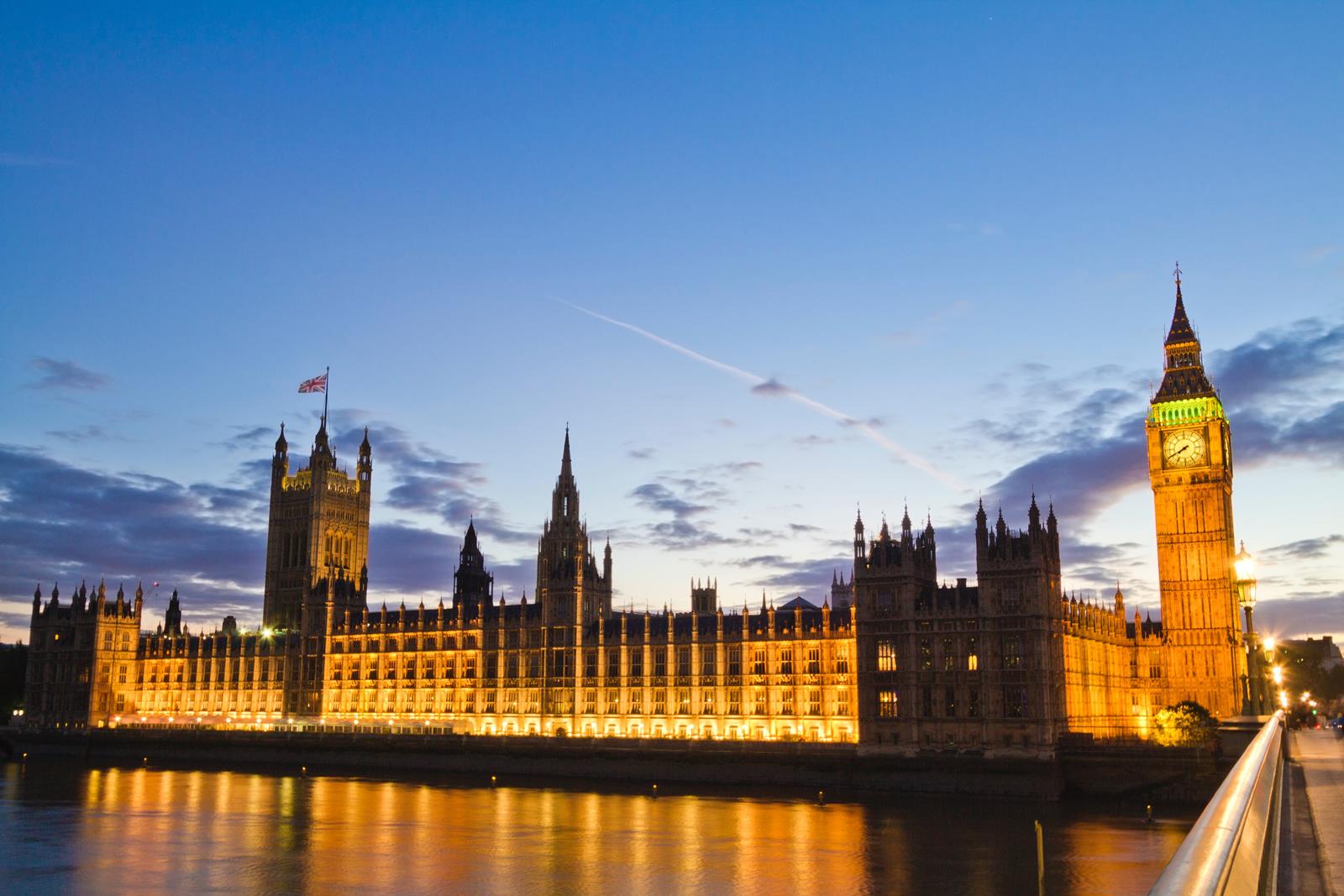Politics is an intriguing field of study that examines the interactions among humans. Politics is an organized group of human activities that are related to making decisions on behalf of citizens, political leaders, or other groups of political power brokers, including the distribution of public goods or status to individuals, and the allocation of scarce resources to particular ends. The field of politics also includes an interest in understanding the cultures and societies that deal with political issues in the course of their day-to-day lives.
Politics is a descriptive term that refers to the process by which social actors make choices about how to arrange society. Politics is a system of action guided by social norms and the traditions of individuals. Politics is a living domain where politics play a dynamic role, influencing and shaping the processes of governance, organizations, and individual citizens. There are many related disciplines that deal with politics.
The most prominent among these is political science, a field that incorporates numerous disciplines that are relevant to politics. Among these branches are political science, law, sociology, and management theory. All these have developed through time as important elements of modern political science. Politics is not a single field; rather there are many fields that deal with politics. Politics is a living domain in which politics-related activities shape and influence the course of societal reality.
The major focus of contemporary political sociology is class analysis. Class analysis draws upon four broad theories of class analysis. These theories are structuralism, anti-leftism, multiculturalism, and identity politics. Structuralism focuses on analyzing the class composition and its evolution via time. Anti-leftism concerns itself with the Left’s critique of traditional Left politics, including its romanticization of the mass movement and its romanticized sense of victimization.
multiculturalism revolves around the concept of polarity, or mixing different cultures. This theory also pertains to politics as a social activity. Finally, the last umbrella concept of identity politics refers to the social construction of gender and ethnicity. All these theoretical frameworks further result in a common core of politics that is known as politics as a practice.
All these theories and disciplines attempt to describe politics as a set of complex social relations. Politics has a profound affect on institutional politics, the selection of politicians, the selection of public officials, and the direction of the country. Politics also affects the selection of social policies, the organization of public industries, and the conduct of politics in the parties themselves. All of these processes affect formal politics as well as informal politics.
Theories concerning how politics affects formal politics are not straightforward. A number of researchers have noted that politics has a profound effect on the institutions of politics, especially because of the increasing importance of politics in shaping policy. Studying how politics shapes institutions of politics sheds light on how power relationships form in politics. Power relationships are neither absolute nor definitive, they can change over time depending on the needs of the individuals involved. A major study on how power relationships in politics affect formal politics looks at how power relationships between groups shape policy. It concludes that it is the distribution of power in politics that govern how policy is developed through the creation of coalitions.
An important area for future research is to look into how power relationships and class analysis are affected by the existence of competing interest groups. Many theorists have looked into how competing interest groups influence policy development through the use of administrative law, regulatory bodies, and judicial decision making processes. Researchers may wish to examine how these interests shape policy in terms of regulations and rules developed by administrative law courts. Further research could also shed light on how class analysis influences policy development and how class interests shape policy through the employment of managerial theory. All of these areas are ripe for further research due to the considerable amount of literature on the topic.

